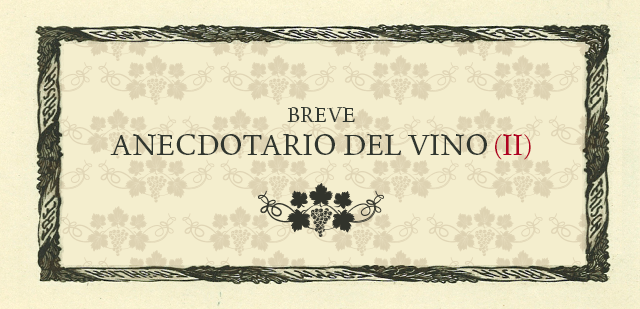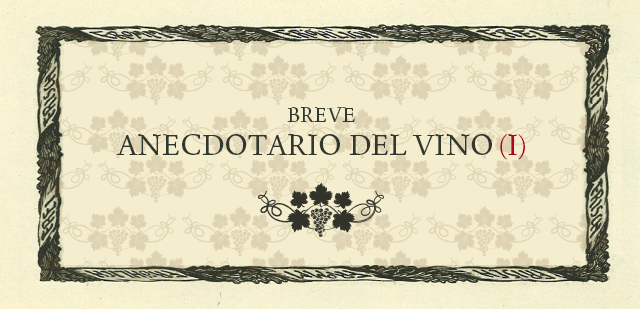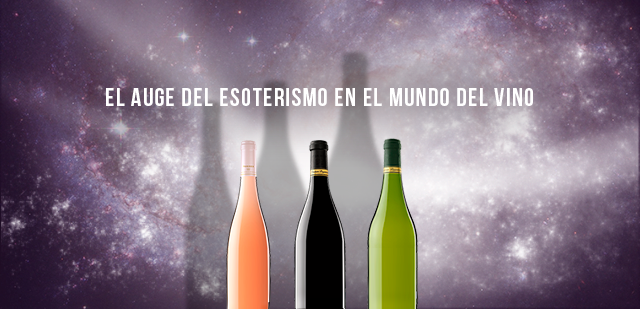Short stories about wine (II)

We’ll explore the past and present of the Wine Universe, taking a look at the ancient world and its societal relationship to wine, and unearthing stories, key 19th-century scientific advances and other interesting facts. Welcome to our mission, our very own archaeology of wine culture.
The 19th Century, a Glorious Age for Wine
This was without a doubt one of the decisive centuries for winegrowing and enology. Although winemaking techniques had not changed much since the Middle Ages, the 19th century brought about significant scientific advances that deepened our understanding of the biology of wine. In turn, this informed the first modern treatises on viticulture, as well as effective treatments against mildew and other vine diseases like the Bordeaux mixture (a combination of copper sulfate and lime) invented by the French botanist, Alexis Millardet.
In 1863, emperor Napoleon III commissioned Louis Pasteur to study vine diseases. It was nothing short of a national emergency, given how quickly phylloxera and mildew, among other ailments, were spreading across French vineyards. In 1866, his findings were published in Êtudes sur le vin, a key work in modern viticulture.
Pasteur was also the first to demonstrate the crucial role of oxygen in how wine evolves. “Oxygen is what makes the wine; its influence causes the wine to age; it is the oxygen that alters the young wine and removes the unpleasant flavor,” he stated.
Following these astonishing discoveries, the universities of Bordeaux and California established their own enology departments, which went on to produce advances in clarification and reveal the virtues of malolactic fermentation.
The Symposia: A Place for Philosophy
Wine played an important part in the development of what we now call philosophy, but first we need to understand its role in society at the time.
Symposia were held after a meal and revolved around wine. A wine-inspired debate platform of sorts, which sought answers to questions about who we are, our existence and place in the world.
Plato chose the title Symposium for one of his books, a masterpiece in the history of philosophy.
Kottabos: Games and Wine in Ancient Greece
When it comes to having fun, wine also plays its part in bringing people together. In this case, we leave the leisurely postprandial discussions of the earliest thinkers behind and venture into the madcap antics of youth.
Kottabos was a very popular game among the young men of Ancient Greece. It involved hurling their wine dregs at a dish located at the opposite end of the table and delicately balanced on a pole.
We should mention that the wine in question was flavored with different herbs, spices, honey, and watered down, which made its quality dubious to say the least.
[[{"fid":"8414","view_mode":"default","fields":{"format":"default","field_file_image_alt_text[und][0][value]":false,"field_file_image_title_text[und][0][value]":false},"type":"media","link_text":null,"attributes":{"height":855,"width":528,"class":"media-element file-default"}}]]
Young men playing Kottabos in Ancient Greece
Sources:
- Atlas Mundial del Vino, Hugh Johnson y Jancis Robinson (Blume)
- Diccionario Salvat del Vino, Mauricio Wiesenthal (Salvat)
- El Mundo del Vino (Larousse)



